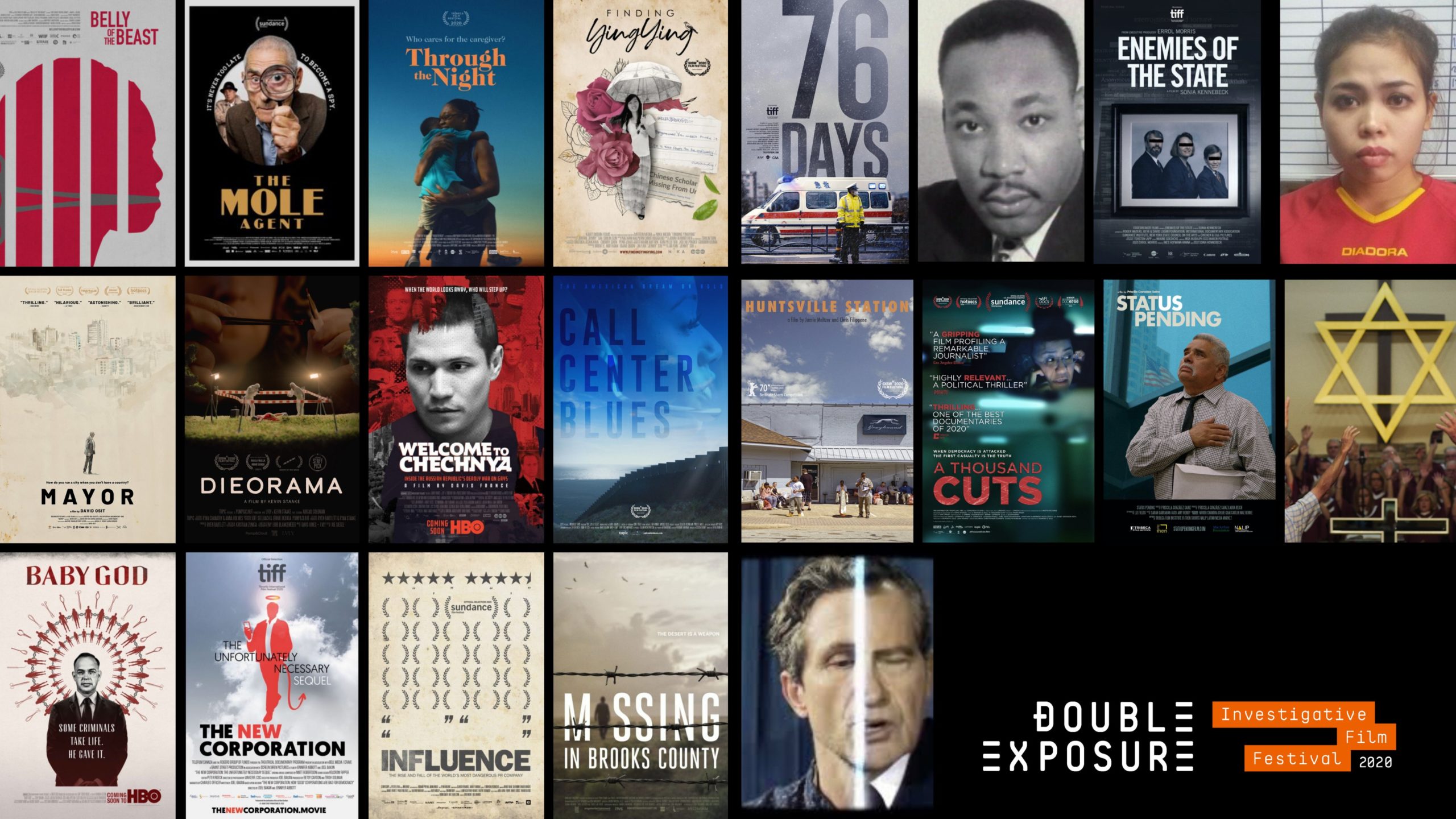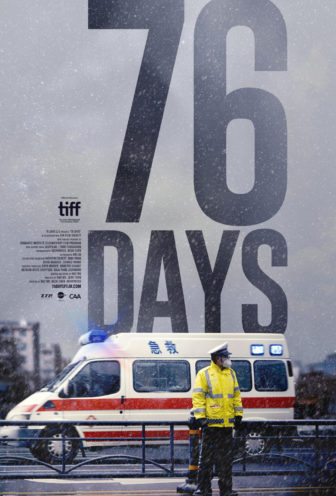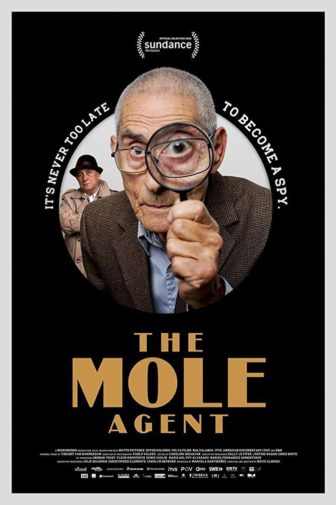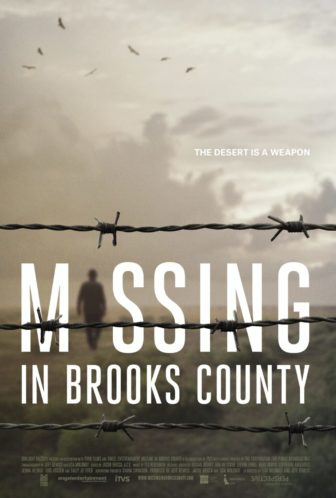This has been a year like no other. Many festivals and conferences around the world have been postponed. Others have adapted and gone online, which is what Double Exposure (DX), a festival held in the Washington, DC, area for the past five years, has done. As a virtual event last week, it gave a platform to professional storytellers and journalists to share their investigative reporting experiences in discussions, panels, and masterclasses.
Organized by GIJN-member 100Reporters, DX featured at the core of this year’s festival a slate of 20 documentaries. DX recognizes the creative work of reporters and filmmakers who pursue investigations in the public interest. Films at the festival ranged from raw human stories in the early days of the coronavirus pandemic in China to a political murder that brings up ghosts of Guatemala’s bloody past.
Here’s our pick of the top five works of investigative reporting highlighted at the festival.
76 Days (China, United States)
Directed by filmmaker Hao Wu, who is based in New York, with the China-based journalist Weixi Chen and an anonymous reporter, the documentary was filmed in four hospitals on the front lines of the coronavirus pandemic in the Chinese city of Wuhan.
“76 Days” captures the struggles of patients and medical professionals battling COVID-19 in its earliest days. Some of the most moving images show hard-working but inexperienced nurses working long hours and patients crowding hospital entrances, fearing they will not be let in once the hospital fills up.
The film does not provide any broader context, whether related to statistics, geopolitical misunderstandings, or even following and comparing the number of cases. What the director aimed to show was the human experience in the hospitals — scenes now all-too familiar around the world.
The documentary made its world premiere at the 2020 Toronto International Film Festival and was the opening film of the DX festival.
Interesting note: The title of the documentary comes from the 76-day lockdown imposed at the beginning of the year on Wuhan, once the center of the pandemic.
Learn more about “76 Days” here.
The Mole Agent (United Kingdom, Chile)
Director Maite Alberdi set out to make a documentary about a spy in a nursing home. She did not expect it to happen in the midst of a global pandemic, let alone see it transform into a reflection on religion, patriarchy, and female sexuality in older adults.
The film begins with a family worried for their mother’s comfort and security in a retirement home. They seek out the help of an investigator, who in turns asks for the assistance of 83-year-old Sergio, who pretends he is a new resident at the retirement home. In reality, he becomes an undercover spy on the inside.
The documentary follows Sergio’s assignment as his involvement with his fellow residents deepens.
This is an investigation not only highlighting the conditions inside the nursing home, but human interactions and loneliness. The result is a unique documentary that moves beyond its initial premise to offer insights on the needs of the elderly in Chile.
Interesting note: To prepare for filming, Director Alberdi worked for a couple of months as an assistant to a private detective.
Learn more about “The Mole Agent” here.
Assassins (US, related to Malaysia and North Korea)

Image: Double Exposure 2020
Directed by Ryan White and produced by Jessica Hargrave, this documentary highlights the mysterious murder of Kim Jong Nam, the half brother of the North Korean leader Kim Jong Un. The event, at Malaysia’s international airport, sparked a global investigation that ended with two women on trial for murder.
This documentary delves into the lives of these women from Vietnam and Indonesia, who are accused of having participated, knowingly or unknowingly, in his murder. If found guilty, the penalty in Malaysia is death.
The film shows every facet of the macabre event, from political intrigue relating to North Korea’s ruling family’s secrets to human trafficking.
Interesting note: Kim Jong Nam was exiled and had lived for more than 10 years in Macau, China, before he was assassinated.
Learn more about “Assassins” here.
Missing in Brooks County (US)
This documentary exposes the harshness of US immigration policies by focusing on two families looking for missing loved ones in Brooks County, Texas. Through the experiences of these families, the filmmakers show how commonplace death and disappearance have become in this small town of less than 5,000 people. Since 2008, an estimated 3,000 people have died crossing the county.
The film also shows how various groups — from vigilantes who detain migrants, to law enforcement officers, to humanitarians — respond to the dire situations migrants face. Xenophobia and contempt clash with compassion and human rights. A law enforcement officer struggles with the ethical and emotional implications of upholding the policies of his agency. Seeing so much death weighs heavily on all involved.
The film will have its broadcast premiere on the PBS series Independent Lens in fall 2021.
Interesting note: The film began as the narrative of a scientist trying to identify migrants buried anonymously in the area.
Learn more about “Missing in Brooks County” here.
The Art of Political Murder (UK, related to Guatemala)
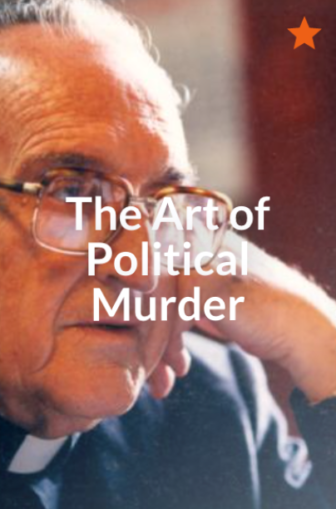
Image: Double Exposure 2020
This documentary is a political thriller that reveals hidden details behind the tragic murder of Juan Gerardi, a bishop killed days after presenting a report accusing various members of Guatemala’s military of murder in the civil war in the 1990s.
The assassination of Gerardi surprised a country ravaged by decades of political violence, especially because the “monsignor” always stood for social justice and the rights of the poor. Gerardi is still remembered in Guatemala as a “martyr for truth,” and his legacy continues.
Directed by Paul Taylor and filmed in Guatemala and Mexico, the film is informed by Francisco Goldman’s book of the same title.
Interesting note: George Clooney was the executive producer for this film.
Learn more about “The Art of Political Murder” here.
Click here to read the complete list of the documentaries shown at the 2020 DX festival.
Additional Reading
Collaborating on Long-Form and Documentary TV & Video
What to Watch: DIG’s Investigative Documentary Shortlist
A Global Tour of Top Investigative Podcasts: The 2020 Edition
 Andrea Arzaba is a journalist and GIJN’s Spanish Editor. As a reporter and media professional, Andrea has dedicated her life to documenting the stories of people in Latin America and Latinx communities in the US. She is an International Women’s Media Foundation fellow and part of Transparency International’s Young Journalists Program.
Andrea Arzaba is a journalist and GIJN’s Spanish Editor. As a reporter and media professional, Andrea has dedicated her life to documenting the stories of people in Latin America and Latinx communities in the US. She is an International Women’s Media Foundation fellow and part of Transparency International’s Young Journalists Program.
